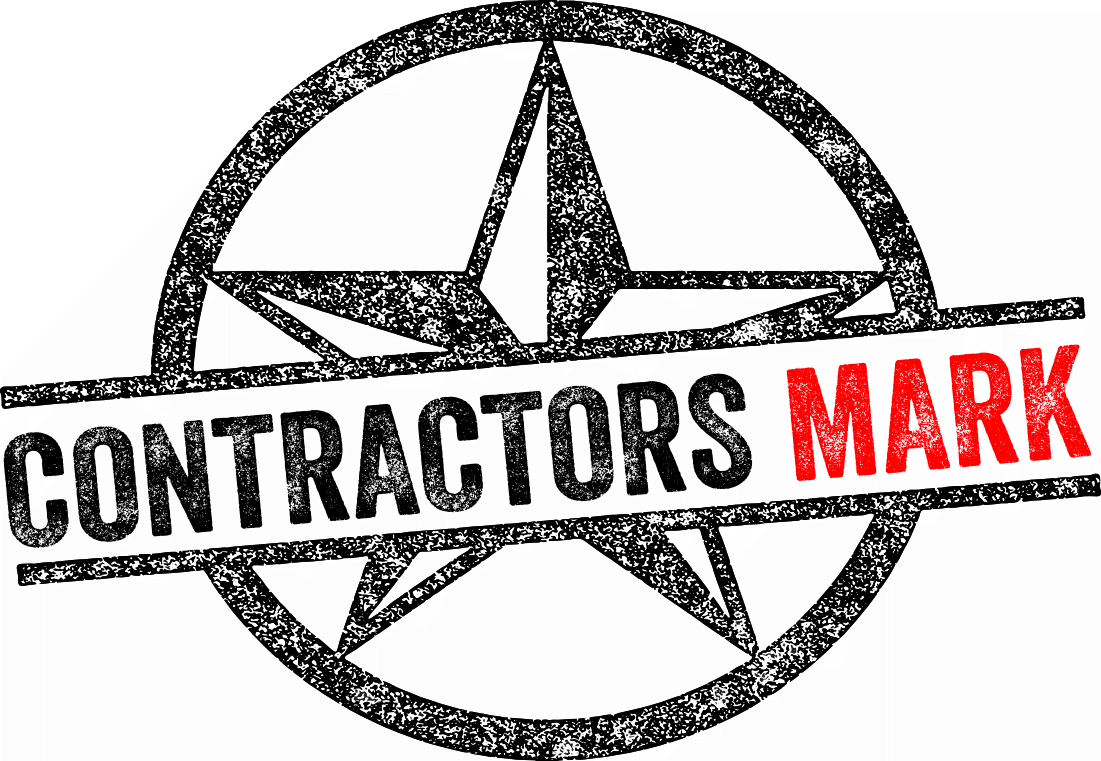As a business owner, it is your responsibility to create a safe working environment for your employees — especially if you work in a hazardous industry. However, accidents can still occur even if you have taken all sensible safety measures such as investing in personal protective equipment and keeping a clutter-free workspace.
Workers’ compensation is a unique type of insurance that provides employees with medical coverage, as well as compensation for lost income when a job-related illness or injury prevents them from being able to work. It also protects you, as an employer, from costly lawsuits stemming from these incidents.
The Basics of Workers’ Compensation
Most U.S. states require employers with one or more part-time or full-time employees to purchase workers’ compensation as a separate insurance policy. States usually have has a no-fault workers’ compensation law, which entitles an employee who suffers a work-related injury or illness to receive benefits, no matter who is to blame.
Provided they meet all eligibility requirements, the sick or injured worker can receive medical coverage and temporary compensation. In some cases, the employee might also be able to receive permanent compensation and job retraining. If the employee dies as a result of a workplace incident, their surviving spouse and dependents can receive death benefits.
Who Does Workers’ Compensation Cover?
Workers’ compensation includes all full- or part-time employees, except for independent contractors and domestic servants working in private homes. Sole proprietors and partners are also excluded from coverage but can elect to be included. On the other hand, coverage includes corporate officers, but they can elect to be excluded.
Workers’ compensation insurance policies cover reasonable and necessary medical expenses related to an affected worker’s job-related illness or injury. For example, if the injured employee’s physician determines they need additional rehabilitation or therapy to help with their recovery, workers’ compensation can cover those costs as well. In addition, injured workers may receive:
-
- Temporary or permanent total disability benefits
- Temporary or permanent partial disability benefits
- Death/dependency benefits when an employee dies as a result of a work-related injury or illness
How Can You Get a Policy?
Employers in Texas and Arizona have a variety of options when it comes to obtaining workers’ compensation insurance coverage. If you’re looking to purchase a policy, your first step is to find a qualified brokerage to meet your needs. At Contractors Mark, we have the experience to understand all the ins and outs of workers’ compensation laws, and we can help guide you to the right coverage for your business. Contact us today to learn more.

